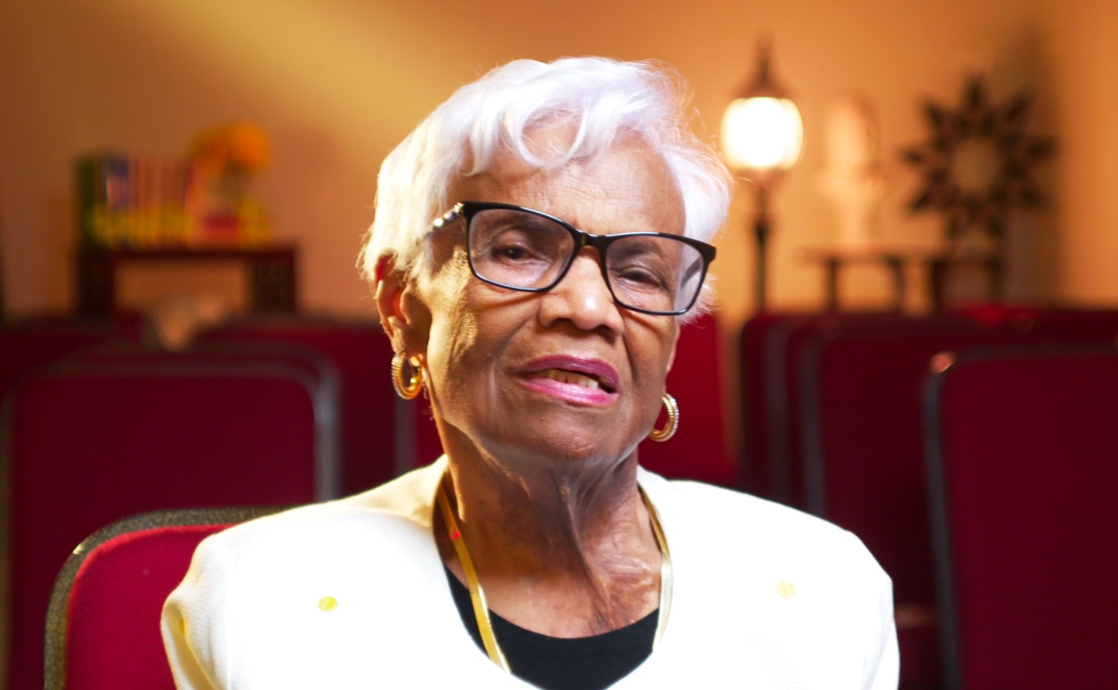In a world characterized by increasing diversity coupled with persistent instances of racial tension, the concept of raising children as champions of race unity presents both an optimistic vision and a substantial challenge. One must ponder: how can we effectively instill values of equity, inclusion, and respect for all races in our children? While many parents aspire to this noble goal, the pathway is laden with complexities, requiring conscious effort, vulnerability, and unwavering commitment.
At the heart of Bahá’í teachings lies the profound principle of unity in diversity. This powerful discourse is not merely an abstract philosophical concept; it is a practical guide that can shape the ethos of parenthood and community engagement. To embark on the journey of nurturing champions of race unity, one must cultivate a conducive environment for open dialogue. Encourage inquiries about race and identity, as these questions often lie at the core of children’s understanding of the world around them. By addressing these inquiries with candor, parents can demystify notions of prejudice and bias, transforming potential discomfort into an enlightening discourse.
In fostering an atmosphere ripe for discussion, it is paramount to model behavior that aligns with the principles of equity. Children are astute observers, and they often learn as much from their parents’ actions as they do from their words. Engage in diverse communities, partake in cultural events, and establish meaningful relationships across racial lines. Each interaction provides invaluable lessons in empathy and acceptance, showcasing the beauty of human interconnectedness.
Moreover, storytelling serves as an exquisite vehicle for imparting values related to race unity. Through the careful selection of literature that represents diverse voices, parents can immerse their children in the rich tapestries of different cultures and histories. Such narratives foster understanding and empathy while highlighting shared human experiences. Books that feature protagonists from various racial backgrounds can serve not only as windows into other lives but as mirrors reflecting the children’s own experiences, thereby reinforcing a sense of belonging within the larger global community.
However, as parents endeavor to raise champions of race unity, they may encounter societal challenges that can undermine their efforts. Children will witness instances of discrimination, both overt and subtle, and question the hypocrisy of espousing unity while confronting the reality of division. It is here that parental resilience and purity of intention come into play. Engage in transparent conversations about these discrepancies, framing them as opportunities for learning rather than as points of despair. Acknowledge the existence of injustice while reinforcing the belief that positive change is possible through individuals united in purpose.
Another critical aspect of raising children who can champion race unity involves teaching active allyship. Allyship is not a passive state; it requires intentional actions that support marginalized communities. Encourage children to speak out against racism and discrimination in their daily lives—whether during conversations with peers, participation in community initiatives, or advocating for equitable policies within schools. By fostering a sense of agency, parents empower their children to become proponents of justice, instilling in them the understanding that their voices can indeed incite change.
Creating familial traditions that celebrate diversity can further entrench the values of race unity in children’s lives. One may consider establishing cultural evenings where families learn about and partake in the customs, cuisines, and conversations of different cultures. This not only enriches the family’s cultural fabric but also normalizes the celebration of diversity as an integral aspect of life. When children experience diversity as a source of joy and enrichment, they are far more likely to embody these principles in their interactions with others.
Equally imperative is the practice of reflective engagement with one’s own biases. Parents must embark on their own journeys of self-awareness, recognizing that nobody is inherently free from prejudices shaped by societal conditioning. Regular reflection on one’s thoughts and interactions regarding race can illuminate unconscious biases that may inadvertently be imparted to children. Engaging in workshops, literature, or discussions about race can facilitate this journey of self-discovery.
As one navigates the path of parenting amidst this multifaceted challenge, it becomes essential to underscore that the goal is not merely to raise ‘non-racist’ children, but rather to cultivate ‘anti-racist’ individuals who recognize, confront, and actively dismantle systemic inequities. This distinction holds significant importance; it encourages proactivity and self-reflection rather than complacency and denial.
Ultimately, the task of raising champions of race unity embodies the dual challenges of courage and compassion. While the road may be fraught with obstacles, each effort—be it small or grand—contributes to a collective transformation towards a more inclusive society. In fostering an environment imbued with the principles of the Bahá’í teachings, parents become catalysts of change, molding children who not only understand the imperative of racial unity but also engage in practices that propagate this vision. Thus, the question remains: will we seize the opportunity to craft a legacy of unity, one which champions the dignity and worth of every individual?
